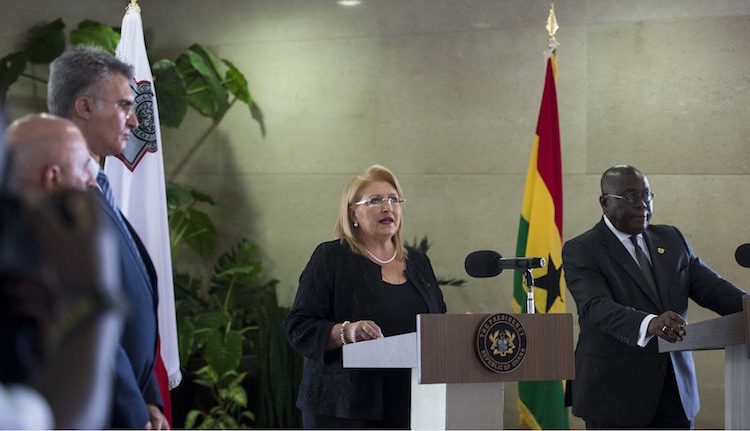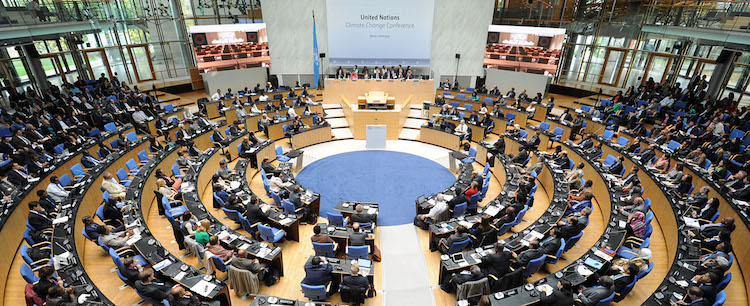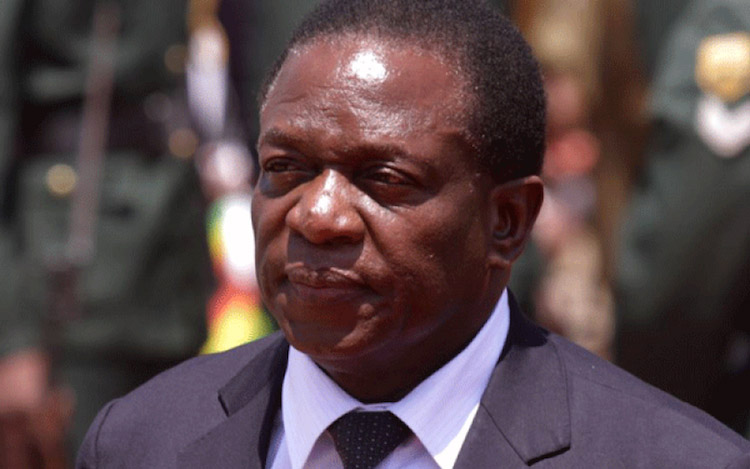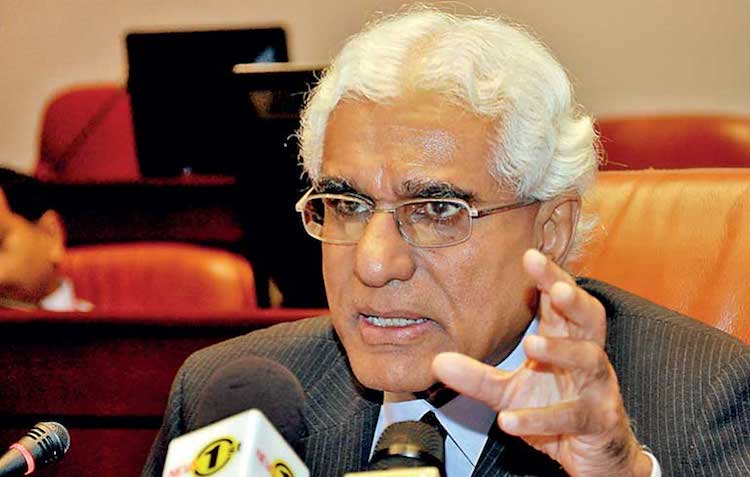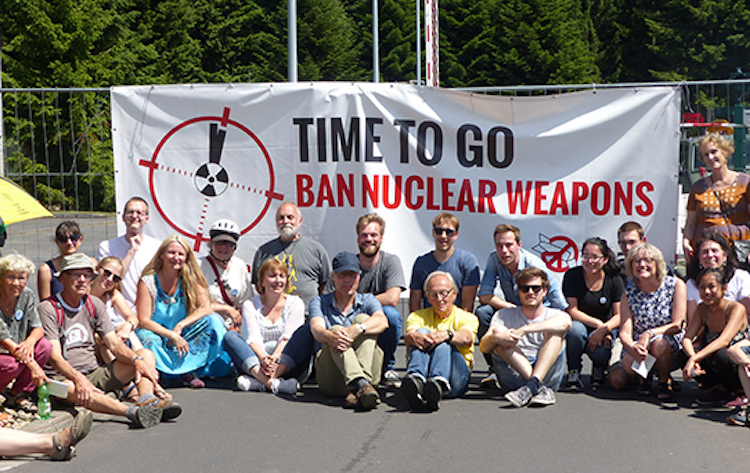By Marie-Louise Coleiro Preca, President of Malta Following are extensive extracts from the speech delivered by Marie-Louise Coleiro Preca, President of Malta, at the 17th session of the UNIDO General Conference ‘Partnering for Impact: Achieving the Sustainable Development Goals’ in Vienna on November 27, 2017. Li Yong was re-appointed for a second term (2017-2021) as […]
The Global Fund To Fight AIDS Asked to Change Criteria Discriminating Poor Countries
By J C Suresh TORONTO (IDN) – As this year’s World AIDS Day campaign – My Health, My Right – kicks into high gear, the AIDS Healthcare Foundation (AHF) has called on The Global Fund to Fight AIDS, Tuberculosis and Malaria to end the use of Gross National Income (GNI) per capita as part of […]
Climate Change Hopes Vanish into Thin Air
By Andrea Vento* ROME (IDN) – The great hopes for a historical understanding to contain global warming in the wake of the proclamations of world leaders prior to the recent UN climate change conference in Bonn have evaporated. The ‘climate’ of confidence surrounding the conference – held in Bonn from November 6 to 17, officially known as the 23rd […]
The Challenge of Making Africa’s 830 Million Young People ‘Effective Citizens’
By John Dramani Mahama and Siddharth Chatterjee John Dramani Mahama is the former President of the Republic of Ghana. (Follow him on twitter.) Siddharth Chatterjee is the UN Resident Coordinator to Kenya. (Follow him on twitter.) ACCCRA | NAIROBI (IDN-INPS) – In July 2017, Spanish charity workers rescued 167 migrants arriving from Africa aboard a small boat. 2016 was the deadliest […]
Military’s Role Crucial in Post-Mugabe Zimbabwe
Viewpoint by Alemayehu G. Mariam The writer is a professor of political science at California State University, San Bernardino, a constitutional lawyer and Senior Editor of the International Journal of Ethiopian Studies. The source of this article is Pambazuka News, which republished it on November 23. It first appeared in The Hill. The views in […]
Sri Lanka’s ‘Vision 2025’ Development Programme Gets Going
By Indrajit Coomaraswamy Dr. Indrajit Coomaraswamy is Governor of the Sri Lanka Central Bank. The following, a rather comprehensive view of the state of the Sri Lankan economy, is based on a statement made at the United Nations on 20 November 2017. – The Editor UNITED NATIONS (IDN) – Sri Lanka has experienced a 27-year […]
The World’s Poorest Need Funding for Access to Modern Energy
By Jaya Ramachandran GENEVA (IDN) – The world’s 47 least developed countries (LDCs) are “the battleground” on which the 2030 Agenda for Sustainable Development will be won or lost, Mukhisa Kituyi, Secretary-General of UNCTAD has warned, adding that it is high time for donors to meet aid commitments. The 2030 Agenda includes an explicit goal […]
Violence Against Women and Girls is Not Inevitable
Viewpoint by Phumzile Mlambo-Ngcuka The writer is UN Under-Secretary-General and Executive Director of UN Women. Following is the text of the statement titled ‘A life without the threat of violence for everyone: leave no one behind’ released on 16 November launching ‘Sixteen Days of Activism against Gender Violence‘ ahead of the International Day for the […]
Siddharth Chatterjee: UN Resident Coordinator & UNDP Resident Representative in Kenya
The Threat of a Nuclear War is Very High Today
Viewpoint by John Scales Avery John Scales Avery is a theoretical chemist noted for his research publications in quantum chemistry, thermodynamics, evolution, and history of science. Presently an Associate Professor in quantum chemistry at the University of Copenhagen, since the early 1990s, he has been an active World peace activist. During these years, he was […]

